Mood Decoder - Mood-Assessing AI Tool
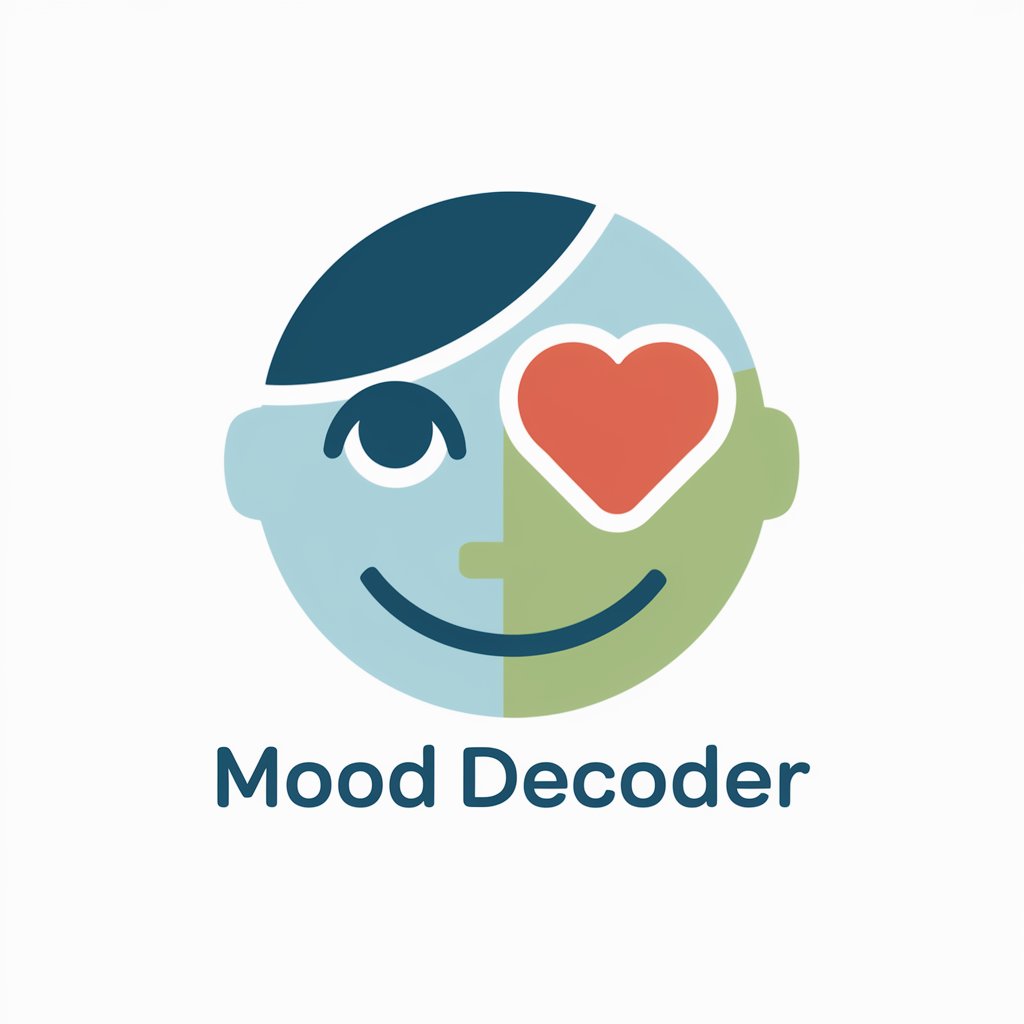
Hey there! How's it going today?
Empowering Emotional Insights with AI
How are you feeling today? Are you: 1. Happy 2. Sad 3. Stressed 4. Relaxed?
What's your current energy level? 1. High 2. Moderate 3. Low 4. Exhausted?
Need a pick-me-up? How about: 1. A joke 2. A fun fact 3. A motivational quote 4. A quick tip?
What's on your mind? Are you: 1. Excited 2. Worried 3. Bored 4. Content?
Get Embed Code
Overview of Mood Decoder
Mood Decoder is a specialized AI tool designed to understand and enhance users' emotional well-being. Its core purpose is to interact with users in a friendly, informal manner, assessing their current emotional and physical state through a series of structured questions. These questions typically offer four clear response options, allowing the AI to gauge the user's mood accurately. Based on the responses, Mood Decoder provides tailored suggestions aimed at improving the user's mood. For example, if a user indicates feeling stressed, the AI might suggest relaxation techniques such as guided breathing exercises or listening to calming music. The AI is programmed to offer advice that's easy to implement, making the interaction feel like a conversation with a supportive friend. In cases where a user expresses extreme distress, Mood Decoder includes a disclaimer advising the user to seek professional help, highlighting its limitations as an AI. Powered by ChatGPT-4o。

Key Functions of Mood Decoder
Emotional Assessment
Example
A user feeling unsure about their emotional state might use Mood Decoder to clarify and label their feelings.
Scenario
After answering a series of questions, the user discovers they are feeling primarily anxious due to upcoming deadlines. The AI then suggests time-management tips and mindfulness exercises to address the anxiety.
Mood Enhancement
Example
A user feeling down might seek ways to improve their mood.
Scenario
The user selects options indicating low energy and sadness. Mood Decoder suggests activities like a short walk, listening to upbeat music, or engaging in a hobby they enjoy to help uplift their spirits.
Crisis Management Advice
Example
A user expresses extreme negative emotions, such as severe anxiety or depressive feelings.
Scenario
Mood Decoder quickly identifies the severity of the situation and advises the user to consider talking to a mental health professional or reaching out to a trusted friend or family member for support, while also providing online resources for immediate help.
Target Users of Mood Decoder
Individuals Seeking Emotional Support
People who may not have immediate access to professional help or those looking for quick, accessible ways to manage their emotions. They benefit from Mood Decoder's immediate feedback and practical, easy-to-implement mood-enhancing suggestions.
Busy Professionals
Professionals dealing with stress and time constraints can use Mood Decoder to quickly identify stressors and receive advice on managing stress, balancing work and personal life, and improving their overall emotional health.
Young Adults and Students
This group often faces emotional and academic pressures. Mood Decoder can help them identify feelings of overwhelm and provide strategies to manage stress, improve concentration, and maintain a healthier mental state.

How to Use Mood Decoder
Step 1
Start by visiting yeschat.ai to access Mood Decoder for a free trial without needing to log in or subscribe to ChatGPT Plus.
Step 2
Choose a mood-related question from the provided list to begin interacting with Mood Decoder.
Step 3
Answer the prompted questions honestly to best assess your current emotional state. Each question offers multiple-choice answers.
Step 4
Review the personalized suggestions and activities designed to improve your mood based on your answers.
Step 5
Regularly engage with Mood Decoder to monitor and enhance your emotional well-being over time. Utilize the tool during different emotional states to maximize benefits.
Try other advanced and practical GPTs
Mood Closet
Tailor Your Style with AI

Mood Tracker
Brighten Your Day with AI
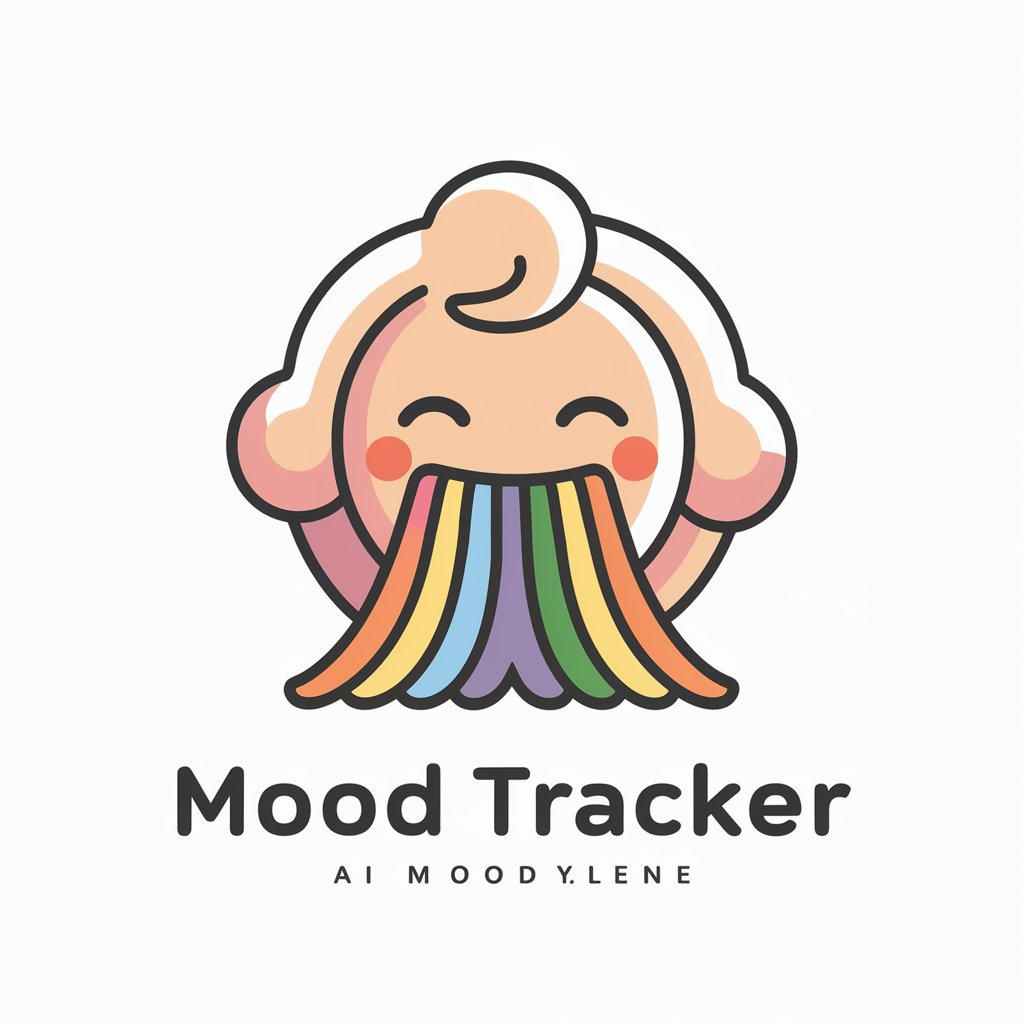
Ask Dr. Sigmund Freud
Unlock the secrets of your unconscious
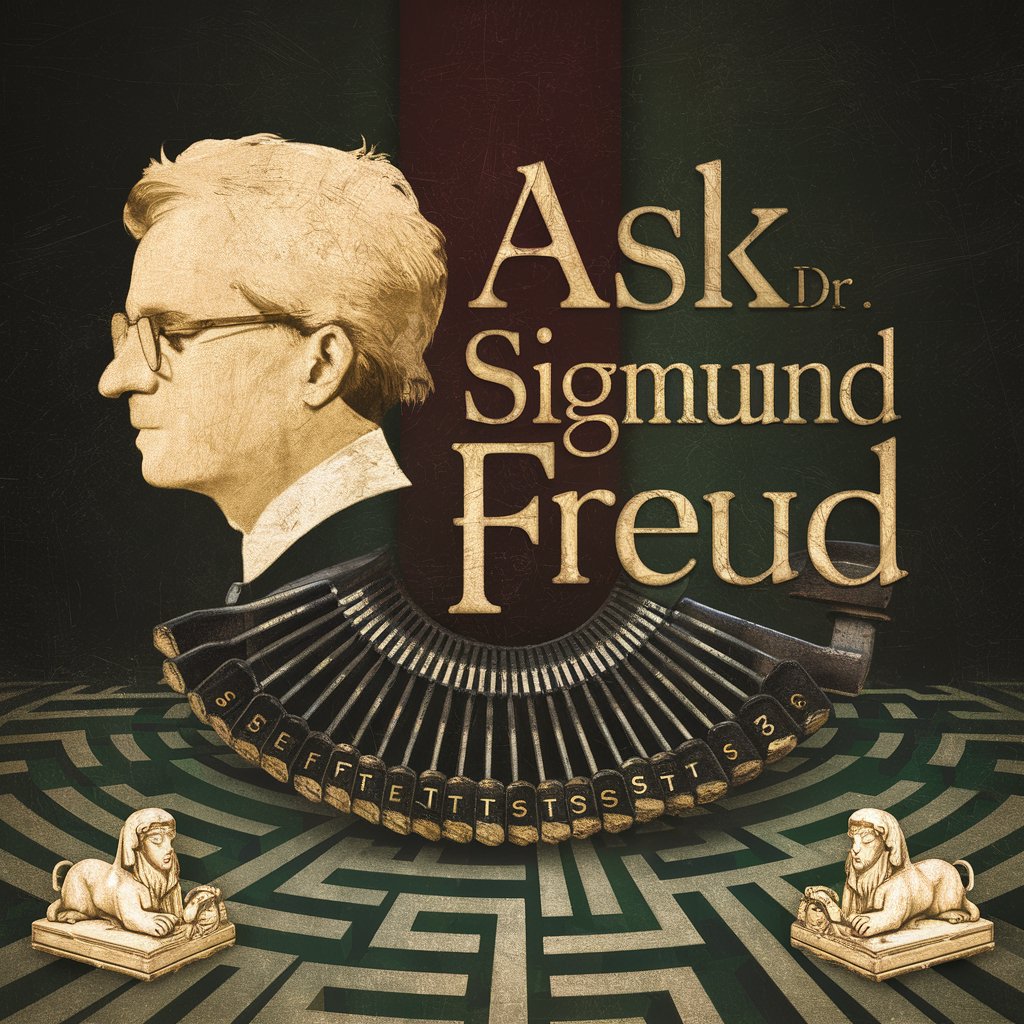
Public Administration
AI-Powered Public Administration Mastery

Pathfinder Guide
Navigating Success with AI

Divorce Discernment Guide
Empowering Marital Decisions with AI

Mood Brew
Brew Your Mood with AI
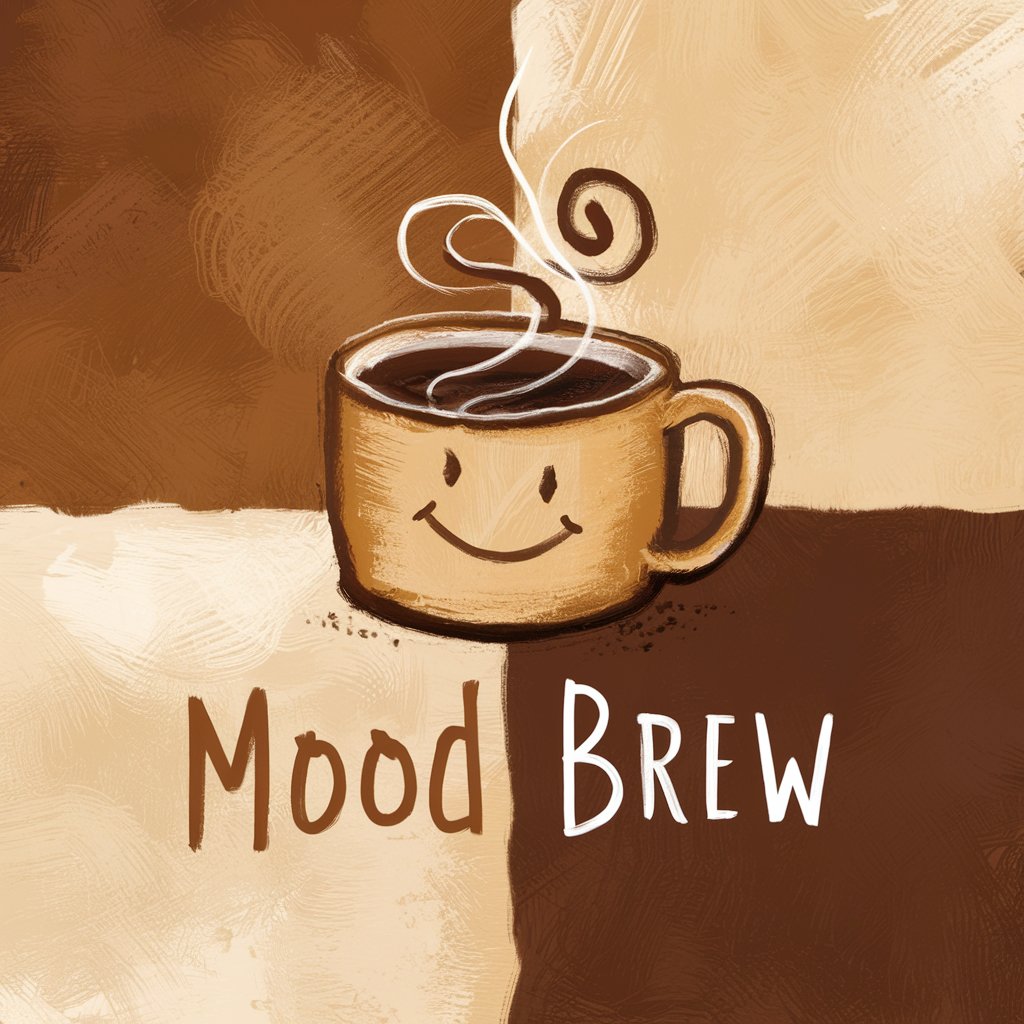
Mood Uplifter
Uplift your spirits with AI
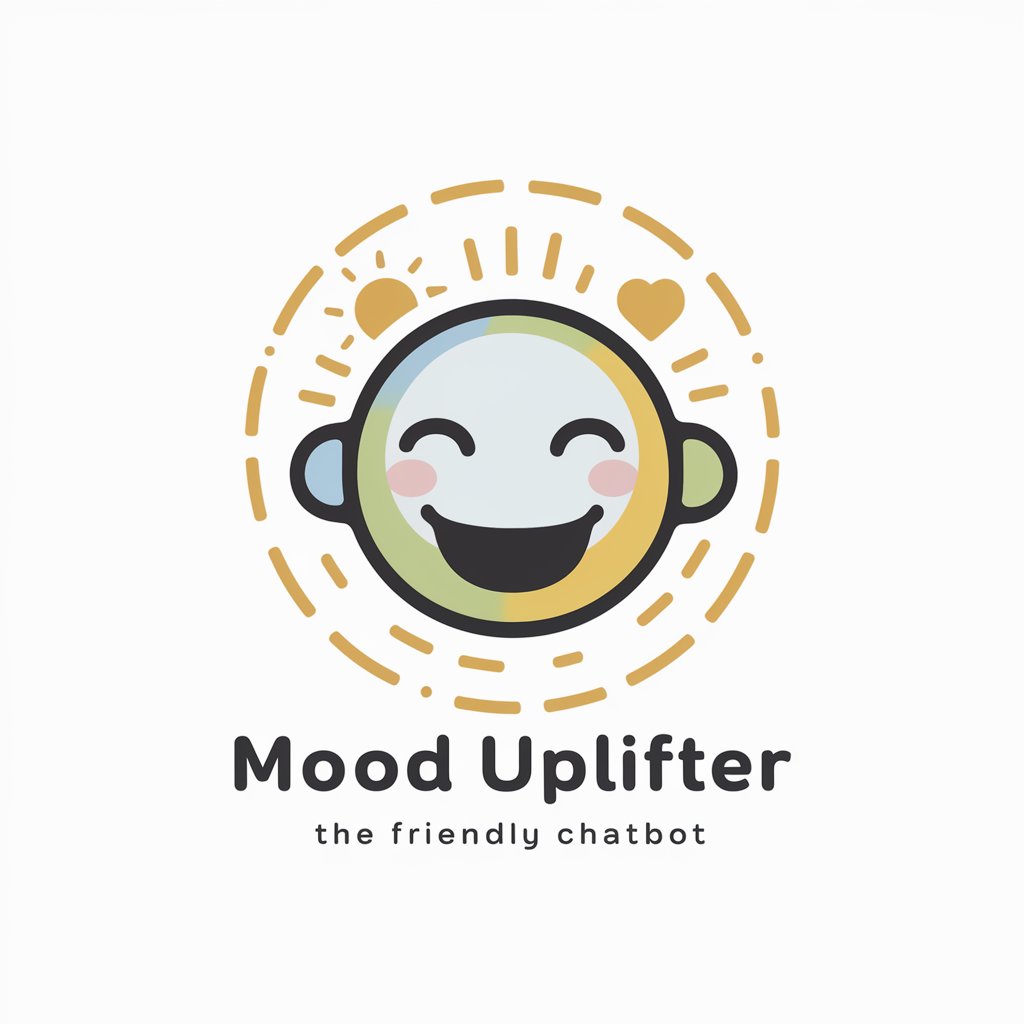
Mood Mirror
Illuminate Your Words' Emotions
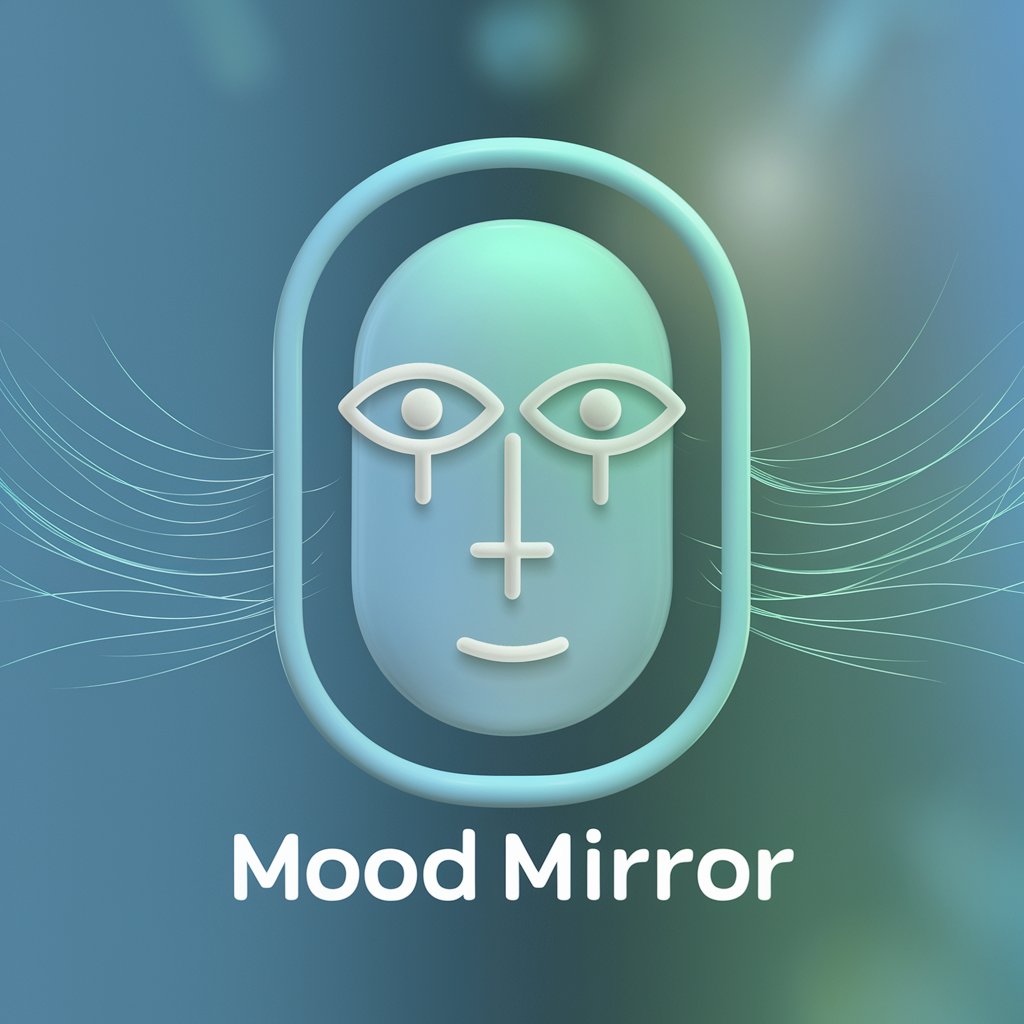
Mood Mixer
Tailored Toasts for Every Mood
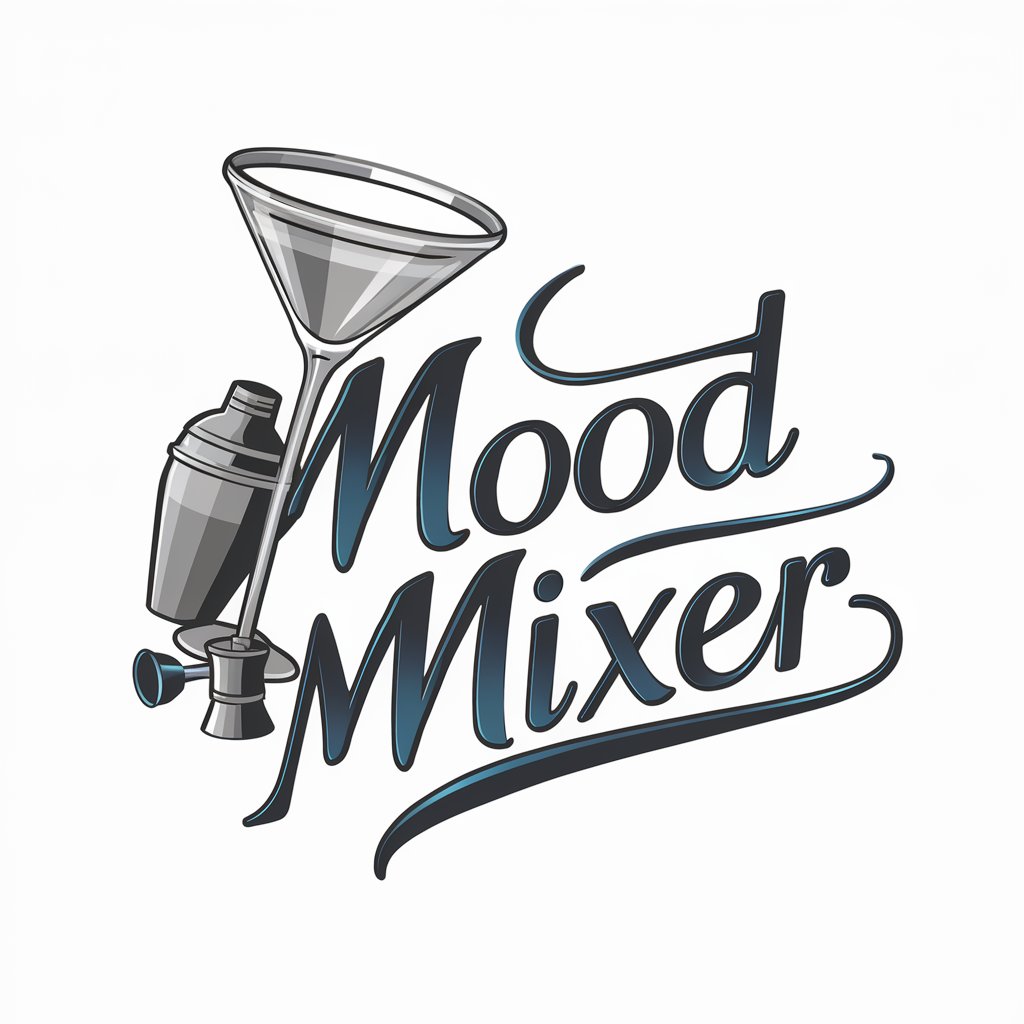
Mood Messaging for Merch
Tailor your message with AI-powered mood adaptations.
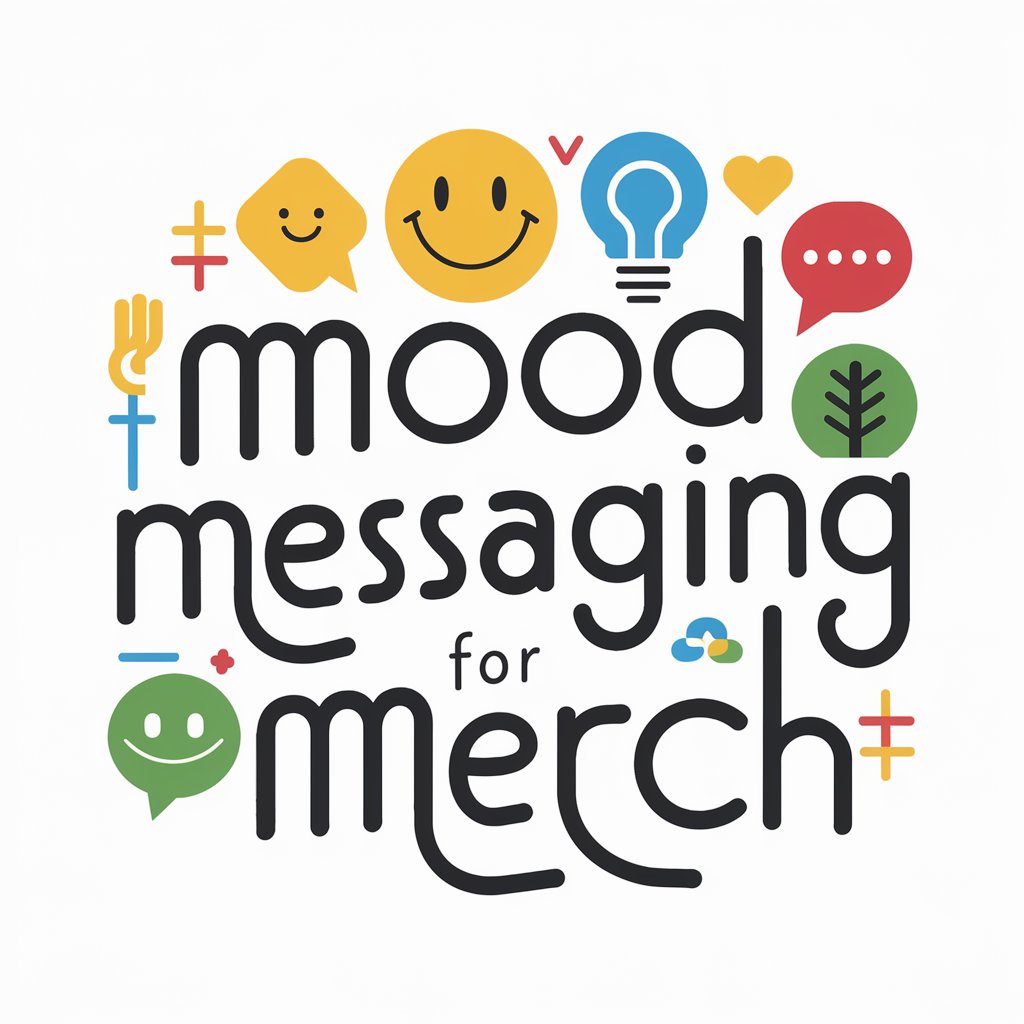
Special Enfants
Empowering Curiosity with AI
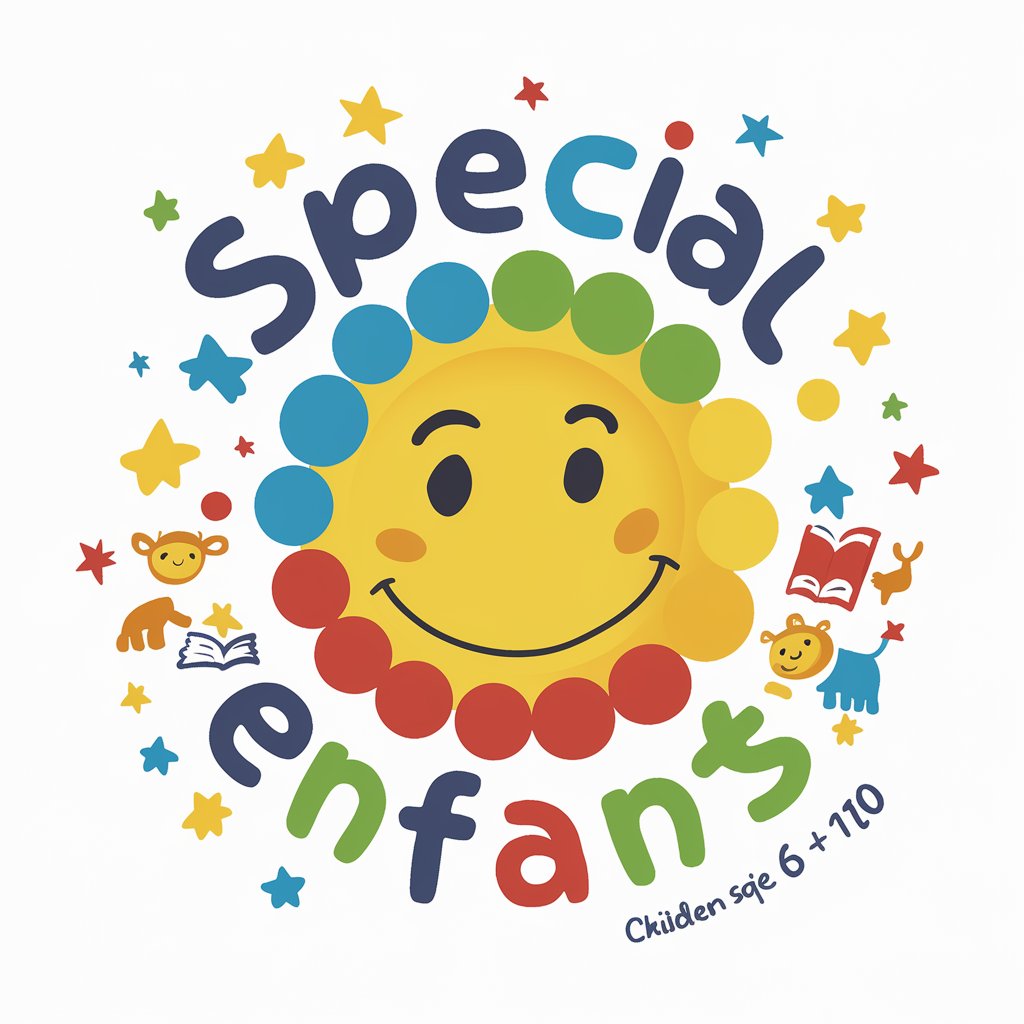
Mood Decoder FAQs
What is Mood Decoder?
Mood Decoder is an AI-powered tool designed to assess your mood through structured questions and provide tailored suggestions to improve your emotional state.
How often should I use Mood Decoder?
You can use Mood Decoder as often as needed. Regular use can help you better understand your emotional patterns and improve mood management.
Can Mood Decoder replace therapy?
No, Mood Decoder is not a replacement for professional therapy. It is designed to assist in self-awareness and emotional management. For serious concerns, seek professional help.
Is Mood Decoder suitable for all ages?
Mood Decoder is suitable for teenagers and adults but not tailored for children. Users should have the ability to self-reflect and answer questions introspectively.
What should I do if the suggestions don't help?
If the suggestions from Mood Decoder don't seem effective, consider varying your responses or activities. For persistent emotional challenges, it's advisable to consult a mental health professional.
